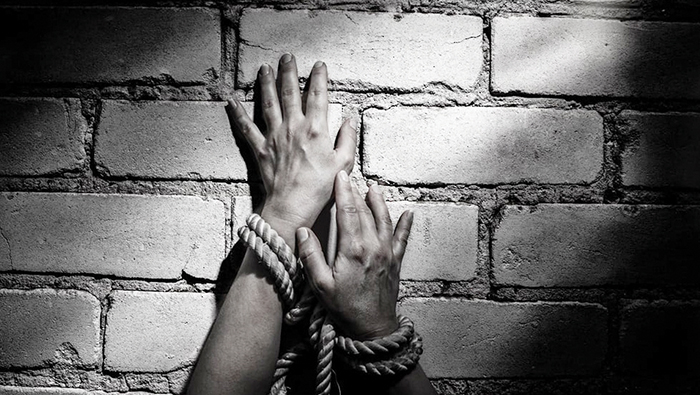Oman has implemented a National Action Plan to Combat Human Trafficking (2024-2026) as part of its commitment to preventing, suppressing, and punishing trafficking while protecting victims. The plan includes a range of initiatives aimed at strengthening Oman’s efforts to address human trafficking. The country has been proactive in its fight against human trafficking, being among the first to introduce dedicated legislation with the Anti-Human Trafficking Law. Oman has enacted national laws and ratified international agreements to combat human trafficking, integrating these measures into local laws for effective enforcement. The country’s approach is guided by Islamic principles and international human rights standards.
Oman’s National Committee for Combating Human Trafficking, operating “Dar Al Wefaq,” plays a crucial role in addressing human trafficking by providing psychological, social, health, and legal services to victims. The protection home has assisted numerous victims, with 36 cases lodged last year, mainly involving women and children under the age of 18. To raise awareness, Oman launched the “Human” campaign, utilizing various platforms such as billboards, digital screens, and social media. Additionally, the country recently hosted the fifth session of the Government Forum to Combat Trafficking in Persons in the Middle East, fostering regional cooperation in the fight against human trafficking.
Oman is working on a new anti-trafficking law in collaboration with international experts and the United Nations Office on Drugs and Crime. The country has reported significant progress in combating human trafficking, with 95 reports filed last year leading to 18 trafficking cases, 38 prosecutions, and 55 individuals accused. The Sultanate of Oman has also joined key international conventions and protocols, reaffirming its commitment to human rights and protection of life and dignity. A national committee comprising various government agencies is tasked with developing and implementing anti-trafficking strategies and victim rehabilitation programs.
The Ministry of Labour investigates trafficking complaints and supports victims, while the Ministry of Social Development provides care and support through programs at Dar Al-Wefaq. The Ministry collaborates with civil society organizations and has signed memoranda of cooperation to enhance anti-trafficking efforts. Oman’s comprehensive approach to combating human trafficking includes awareness campaigns such as “Ehsan” and “Insan,” as well as providing multilingual support to victims. The Sultanate has established hotlines for reporting human trafficking crimes, operating around the clock and available in Arabic and English. Reports can also be submitted through the Committee’s website, which offers reports in 14 languages, demonstrating Oman’s ongoing commitment to eliminating human trafficking and supporting its victims.
In conclusion, Oman’s proactive stance against human trafficking, as reflected in its National Action Plan and various initiatives, highlights the country’s dedication to combating this crime and protecting victims. By integrating international standards and Islamic principles into its approach, Oman ensures a comprehensive strategy to address human trafficking effectively. The country’s efforts, including awareness campaigns and victim support programs, underscore its commitment to eliminating human trafficking and achieving justice for victims. Through collaboration with international partners and civil society organizations, Oman continues to strengthen its anti-trafficking efforts and uphold its national responsibility in combating this heinous crime.











